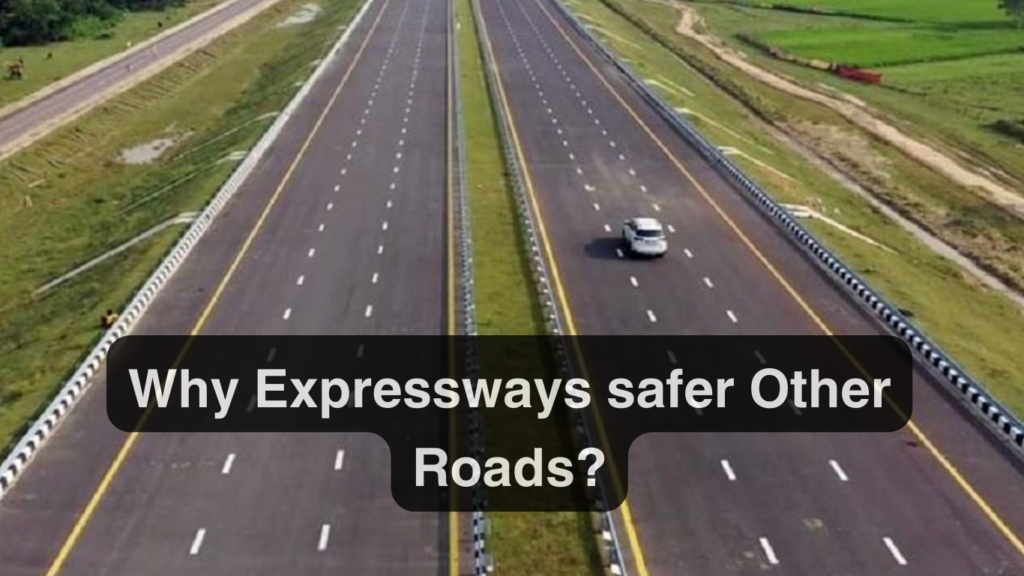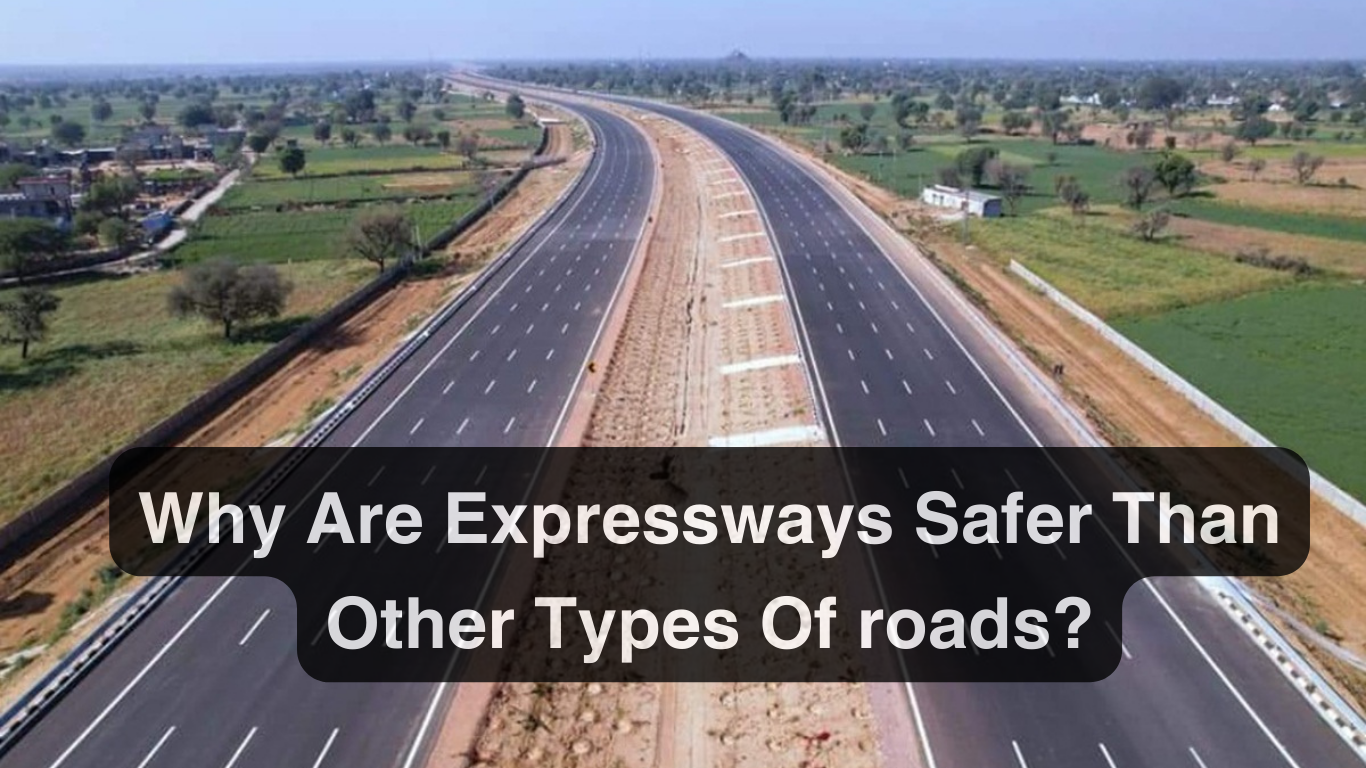When it comes to driving, safety is still the most important factor. Knowing why expressways are better than other types of roads is crucial for drivers who want safe and effective travel. From intricate designs to traffic control techniques, expressways are superior to other types of roads in a number of ways. This article explores the reasons for the increased safety of expressways and throws light on their features and advantages.
Expressways: The Epitome of Safety
Expressways—also referred to as freeways or highways—are the epitome of road safety for a number of reasons. These multilane, high-speed roads are painstakingly planned and constructed to reduce hazards and improve traffic flow, which makes them the best option for lengthy trips.
Engineering Marvels
Expressways are well-engineered, with wide lanes, rounded corners, and few points of access. These design features lessen the chance of accidents, facilitating smooth traffic flow even during rush hour. In addition, well-kept surfaces and sophisticated drainage systems lessen the risks associated with bad weather, guaranteeing commuter safety year-round.
Stringent Safety Measures
Speed limits are one of the main safety measures on expressways. By controlling the speed at which vehicles can travel, authorities reduce the likelihood of collisions and guarantee a controlled environment for all users. Divided highways: These physical barriers, which consist of separate lanes for opposing traffic flows, greatly reduce the number of head-on collisions and increase overall safety.

Advanced signage and markings: These visual cues, which consist of clear and conspicuous signage and reflective markings, guide drivers along expressways, improving visibility and minimizing confusion. They are essential in preventing accidents and guaranteeing orderly traffic movement.
Why Are Expressways Safer Than Other Types Of Roads?
Expressways offer unparalleled safety compared to other road types due to their distinct features and design principles.
Limited Access Points
Expressways, in contrast to regular highways, are equipped with restricted entry and departure mechanisms, such as entrance and exit ramps. These features reduce the likelihood of sudden stops and crashes, thereby enhancing safety during travel.
Separation of Traffic Flows
Expressways have several lanes that are separated from one another by barriers or medians. This segregation makes it easier to separate traffic flows, which lessens congestion and lowers the chance of side-swipe incidents, improving commuter safety overall.
High Visibility and Predictability
Expressways provide vehicles with excellent visibility and predictability because of their well-defined lanes, advanced signage, and standardized road markings. This clarity helps drivers anticipate moves and respond appropriately, which lowers the risk of collisions and ensures smooth traffic flow.
FAQs (Frequently Asked Questions)
Are expressways safer than local roads?
Expressways are generally safer than local roads due to their design features, limited access points, and controlled traffic flow.
What makes expressways less prone to accidents?
Expressways feature wider lanes, controlled access points, and advanced safety measures such as speed limits and divided highways, reducing the likelihood of accidents.
Can adverse weather conditions affect expressway safety?
While adverse weather conditions can pose challenges, well-maintained expressways with advanced drainage systems and improved surface traction remain relatively safe for travel.
How do expressways enhance traffic management?
Expressways facilitate efficient traffic management through features like controlled access points, divided highways, and advanced signage, ensuring orderly flow and minimizing congestion.
Are expressways suitable for all types of vehicles?
Yes, expressways accommodate various types of vehicles, including cars, trucks, and motorcycles, with designated lanes and speed limits ensuring safe travel for all.
Do expressways require special driving skills?
While driving on expressways requires adherence to traffic regulations and awareness of surrounding conditions, no special skills are necessary beyond standard driving proficiency.











